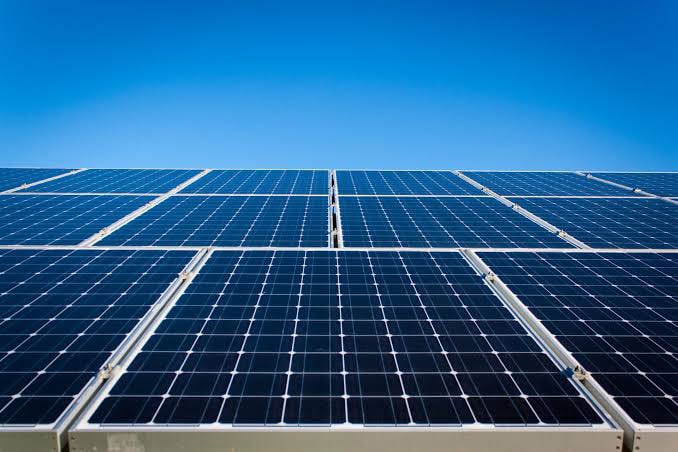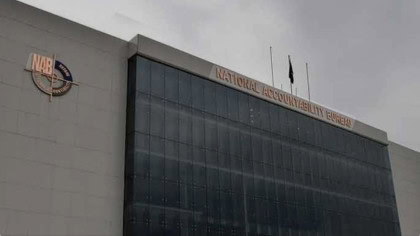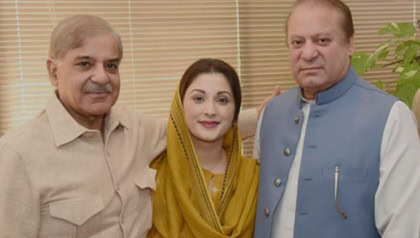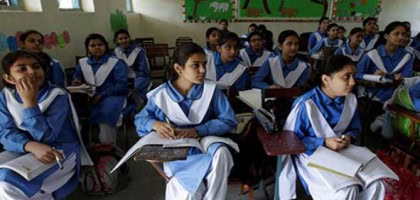ISLAMABAD – Efforts being made by the government to rationalise the net metering tariff system aim at saving the majority of consumers from unfair financial burden as it does not intend to abolish it.
The solar net metering policy was introduced in 2018 under the then Pakistan Muslim League-N (PML-N) government to encourage renewable energy adoption and reduce reliance on fossil fuels.
The police initially aimed at allowing consumers to sell excess electricity back to the national grid, lower their electricity costs, and promote sustainable energy solutions in the country.
Over the time, it has surfaced that the policy benefited early adopters but at the same it it has created an unfair financial burden on nearly 40 million electricity consumers, who are now paying an extra Rs1.5 per unit to subsidize solar net metering users.
The number of net metering users has surged from 224,000 in October 2024 to 283,000 in March 2025, transferring a Rs. 159 billion burden onto non-solar consumers, disproportionately benefiting a wealthier segment of society.
As the government is striving to introduce reforms in solar net metering system, certain groups are propagating against it claiming that the government is abolishing net metering.
But, the fact is otherwise as the government fully supports the continuation of the solar net metering policy. It just aims to adjust the tariff structure to ensure fairness and ease the financial strain on the majority of consumers.
It intends to revise the buyback tariff from Rs27 per unit to Rs 8-9 per unit to ensure that all electricity consumers share the costs equitably.
Even with the adjusted tariffs, solar investments remain viable, with payback periods adjusted from two years to a reasonable 4-5 years, ensuring that solar adoption continues without unfair subsidies.
The federal government has been reiterating its commitment to expand the renewable energy to tackle climate challenges on multiple occasion while ensuring that solar net metering policies benefit all Pakistanis fairly.



















